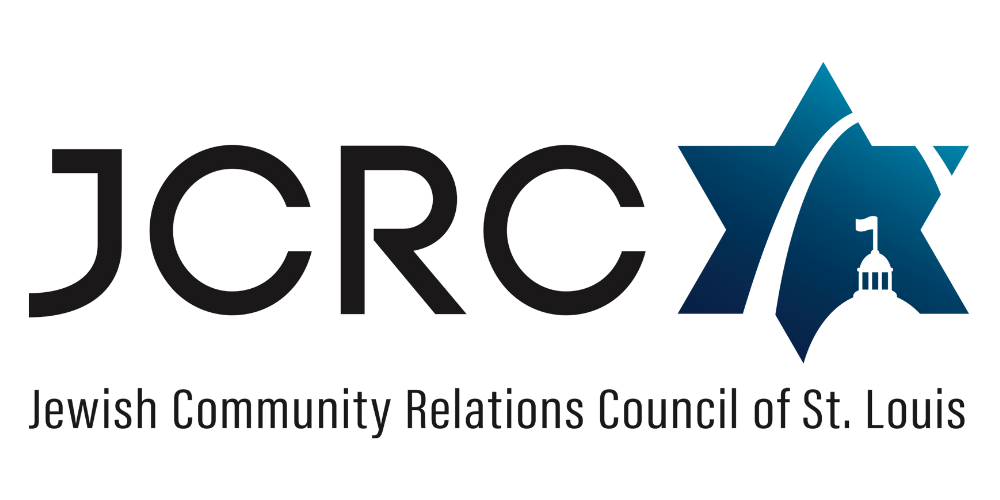October 2006 Minimum Wage
The highest form of charity is to step in with help to prevent a person from becoming poor. This includes offering a loan or employment, investing in a business, or any other form of assistance that will avoid poverty. The basis for this principle is the commandment in our passage: "you shall strengthen the poor."
Maimonides' commentary to Leviticus 25:35-38
Since passage of the Fair Labor Standards Act of 1938, which established a minimum wage and required Congressional approval for each increase, minimum wage increases have generally failed to keep pace with the rise in consumer prices. Erosion in the real value of the minimum wage has had a serious impact on the standard of living of the working poor. Moreover, erosion in wages of low-wage workers has been a major factor underlying persistent poverty and a steadily widening income gap.
Minimum wage is currently at its lowest level (adjusted for inflation) in over 50 years and members in both chambers of Congress and on both sides of the aisle are starting to give the issue more attention. The current $5.15 per hour minimum wage, incorporating a 90-cent increase in 1996-1997, still leaves the income of a full-time, year round minimum wage worker insufficient to sustain a family of three above the poverty level.
Recognizing the correlation between low wages and sustained poverty, on a national level, the Jewish Council on Public Affairs (JCPA) has supported efforts to raise the minimum wage to levels above the poverty line. The JCRC has long maintained that the government has a primary responsibility for alleviating poverty and for ensuring conditions that allow families to move from poverty to economic self-sufficiency. This includes the guarantee of a minimum wage sufficient to allow families to support themselves.
Contrary to charges by opponents of an increase, studies have found that a moderate rise in the minimum wage does not reduce employment opportunities or harm small businesses; and, that economic conditions, not moderate minimum wage increases, determine the level of unemployment. (These studies do not indicate the effects of annual raises tied to indexing.)
As a result of the declining value of the federal minimum wage, 22 states and the District of Columbia have increased their state minimum wage levels.
The JCRC believes that the promise of America requires prompt support of state and federal measures to raise the minimum wage.

